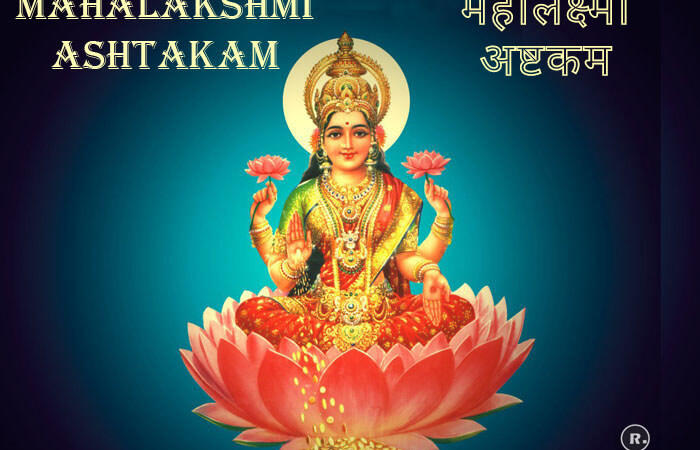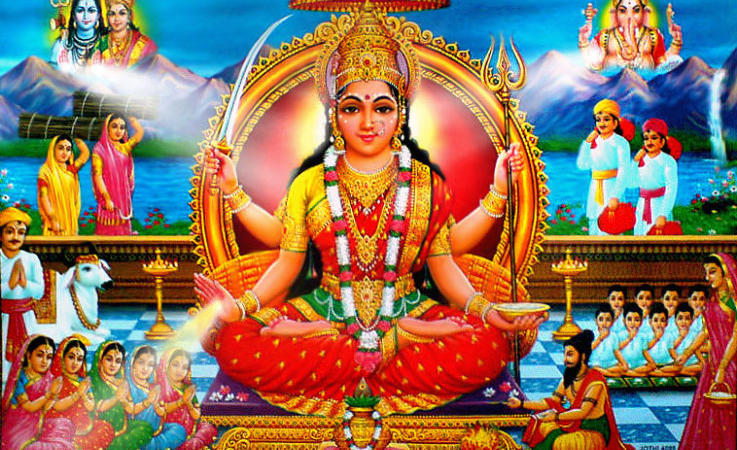Sant Kabir Jayanti 2025
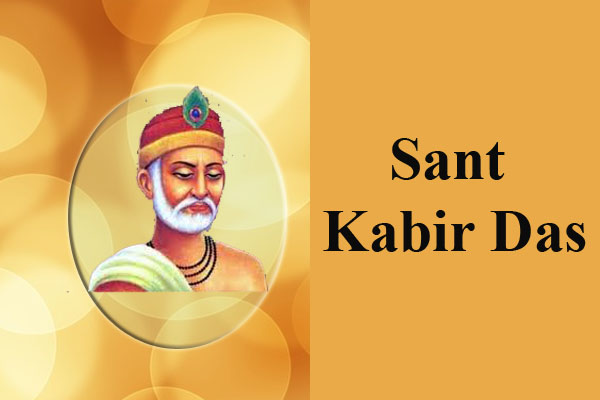
Sant Kabir was a renowned poet, saint, and social reformer of the 15th-century whose writings influenced the Hindu Bhakti movement. Sant Kabir Jayanti is celebrated to remember the great poet, which according to the Hindu calendar falls on the full moon day (Purnima) of the Jyeshta month. Which falls either in May or June of the Gregorian calendar.
In 2025 Sant Kabir Jayanti is on Wednesday, 11th June.
On this day in India and abroad the followers of Saint Kabir dedicate the day completely in his remembrance and accepting his messages of unity and understanding between confronted identity groups.
Kabir was born in Varanasi in the 15th century in a family of weavers who had recently converted to Islam. He learned the family craft, studied meditative and devotional practices with a Hindu master, and developed into a teacher and poet, unique in his autonomy, strength, and abrasiveness. He is generally assumed to have been illiterate. Therefore his verses were composed orally and collected by disciples and admirers after varying periods of circulation.
Kabir’s poetry urges human beings to rise above identity politics and to seek an essence; but not a relinquishing of all identity markers, all cultural reference points. Rather, he invites us to be free enough to enjoy and celebrate the multiple manifestations of the essence that have taken shape all around them.
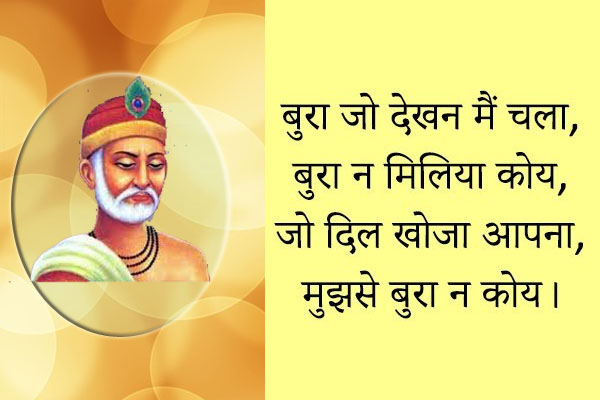
He aimed to show how we ‘other’ multiple categories of people in order to consolidate our identity and how this ‘othering’ keeps us locked in dualistic ways of perceiving ourselves and the world. Thereby, in the violent episodes of recent Indian history, these mental processes unfolded into massacres against the whole Muslim community to defend the collective Hindu identity as a symbol of religion, nation, and masculinity.
Kabir, who was very critic and controversial, even against religious practices, is considered a saint by many coexisting religions in India, such as Hinduism, Islam, Buddhism, and Sikhism. For instance, he was against the caste system and sought understanding in a society marked by great divisions. His argument was that without powerful personal experience and critical self-knowledge, humans can at best take refuge in scripture, ritual, and community as ways to secure their insecure egos and identities. Then all these become meaningless enactments that can strengthen social exploitation and divisiveness.
For Kabir, the inner body realization of human fundamental connection with the cosmos was also the realization of the worthlessness of all social divisions. “Kabir himself is the perfect icon to reflect this, because he inhabits many cultures and opposing social paradigms, and yet refuses to be contained or defined by any one of them”.
Kabir verses emphasize that all social, spiritual, moral action begins with the individual. But the authentic spiritual quest of an individual would simultaneously connect her or him to the community. Kabir’s verses were incorporated into Adi Granth, the scripture of Sikhism, with verses attributed to Kabir constituting the largest non-Sikh contribution.
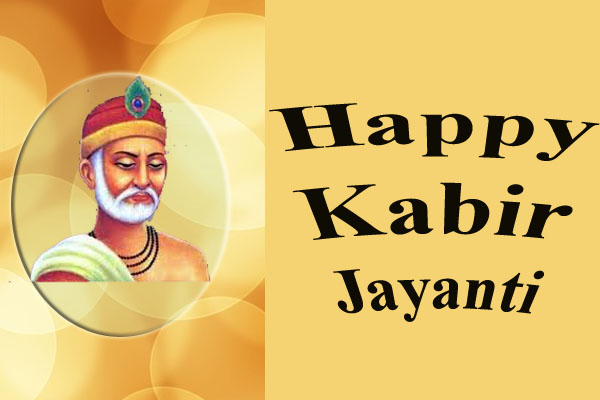
Suggested Read: Shani Jayanti



